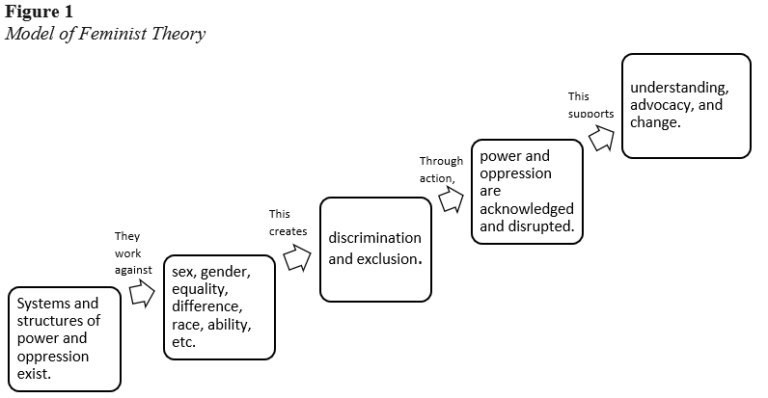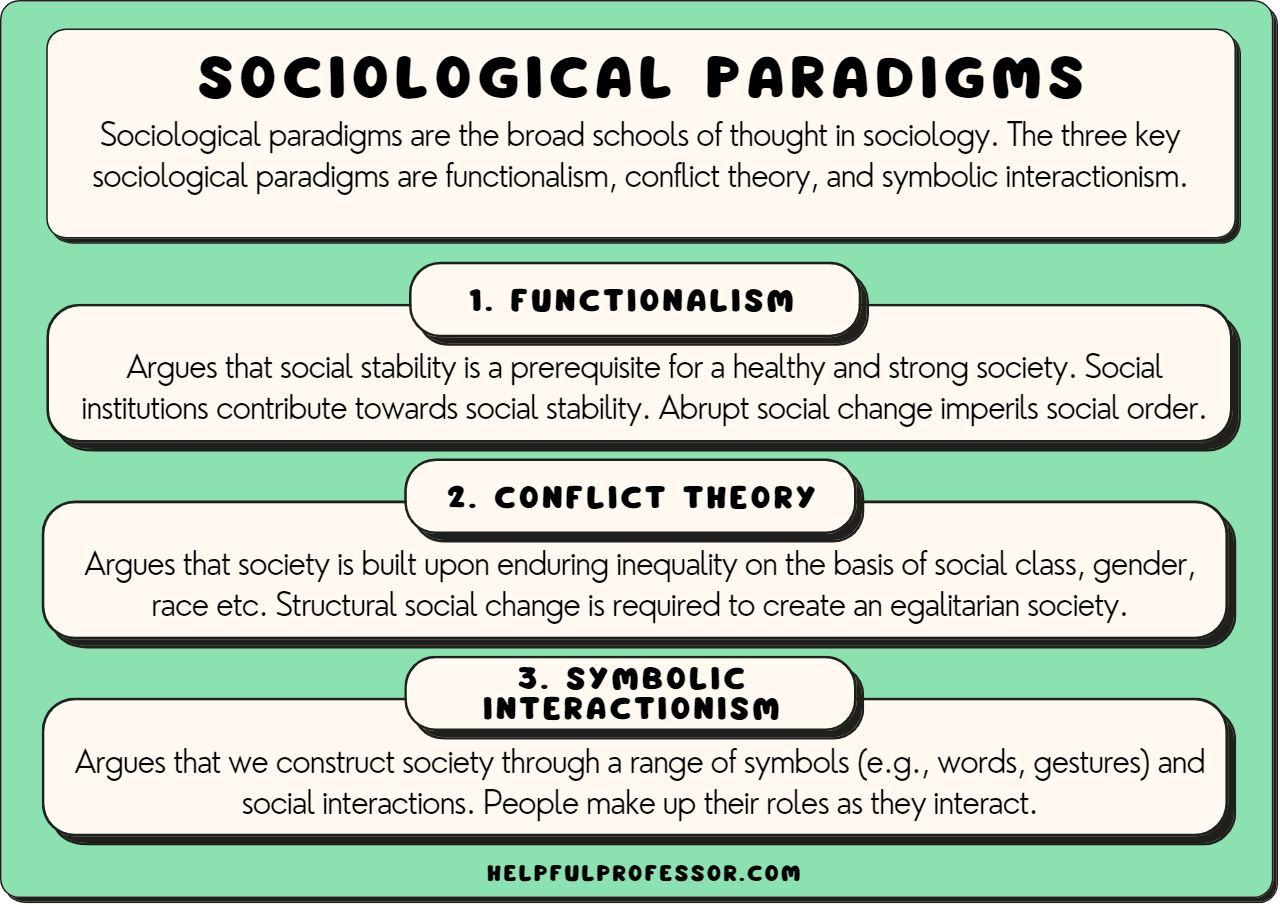Imagine a world where everyone, regardless of gender, has equal opportunities, freedom, and respect. While this may sound utopian, feminist theory offers a framework for achieving this vision. It challenges societal norms and power structures that perpetuate inequalities and empowers individuals to fight for a more just and equitable world. By dissecting seemingly harmless societal constructs and exposing their detrimental impact on women and marginalized groups, feminist theory provides a profound lens through which to understand social dynamics and strive for real change.

Image: phungthising54.blogspot.com
This essay will delve into the strengths of feminist theory, highlighting its contributions to our understanding of gender, power, and social justice. We will explore how feminist theory has historically shaped social movements, instigated crucial legal and social reforms, and continues to offer relevant insights into contemporary challenges like gender-based violence, economic disparities, and representation in media and politics.
A Foundation for Understanding Gender and Power
One of the primary strengths of feminist theory lies in its ability to illuminate the nuanced relationship between gender and power. It challenges the notion of gender as a biological predisposition, instead emphasizing its social construction. This understanding reveals how gender roles, expectations, and behaviors are shaped by cultural norms, social institutions, and historical forces.
By recognizing the historical and ongoing oppression of women and other marginalized genders, feminist theory provides a framework for understanding how power dynamics are imbedded in seemingly neutral social structures, including family, education, the workplace, and the justice system. Feminist theory analyzes how these institutions perpetuate inequalities, often favoring men and upholding patriarchal structures. This allows us to see the ways power imbalances manifest in daily life, from salary gaps to biased media representation to the disproportionate burden of domestic labor.
Advocacy for Social Justice & Equality
A crucial strength of feminist theory lies in its unwavering commitment to social justice and equality. It advocates for dismantling oppressive systems that limit individual potential and restrict access to resources, opportunities, and autonomy.
From the suffrage movement to the fight for reproductive rights and the #MeToo movement, feminist theory has been instrumental in galvanizing social movements and advocating for legal and policy changes that promote equality. It has played a key role in raising awareness about gender-based violence, discrimination, and systemic inequalities, prompting a reevaluation of societal norms and challenging traditional power structures.
A Framework for Critical Analysis and Action
Feminist theory provides a powerful lens through which to critically analyze social phenomena, scrutinize dominant narratives, and challenge existing power structures. It encourages questioning assumptions, analyzing underlying societal biases, and identifying the root causes of gender inequality.
This critical approach empowers individuals to become active participants in social change by identifying areas for intervention and taking action to dismantle oppressive systems. Whether it is challenging gender stereotypes in media, advocating for equitable pay in the workplace, or supporting victims of gender-based violence, feminist theory provides a framework for individual and collective action.

Image: issemonsters.weebly.com
Embracing Intersectionality and Diversity
One of the most significant strengths of feminist theory is its ongoing evolution and its incorporation of intersectionality, which acknowledges the overlapping and interconnected nature of various forms of oppression. It recognizes that experiences of gender are often intertwined with race, class, sexual orientation, ability, and other social identities. This understanding acknowledges the diverse realities of women and marginalized groups, ensuring that feminist activism addresses their specific needs and challenges.
Intersectionality expands the scope of feminist discourse, broadening its reach and making it more inclusive. It highlights the importance of understanding the complex interplay of social categories and how they impact individual experiences of power, privilege, and oppression. This nuanced perspective provides a more accurate and comprehensive framework for addressing social inequalities.
Empowerment Through Self-Reflection and Personal Growth
Feminist theory encourages critical self-reflection, empowering individuals to question their own biases, assumptions, and ingrained social values. This introspective process allows for personal growth and development, prompting individuals to identify and challenge their own complicity in perpetuating patriarchal structures.
By examining the subtle ways that gender norms affect our thoughts, behaviors, and interactions, feminist theory encourages individuals to unlearn harmful patterns, challenge stereotypes, and cultivate a more inclusive and equitable approach to their own lives and relationships. It fosters a sense of agency, empowering individuals to take control of their own narratives and contribute to a more just and equitable world.
Continuing Evolution and Relevance in a Changing World
Feminist theory is not static; it is a dynamic and evolving field that continues to adapt to the changing social and political landscape. As new forms of oppression emerge and inequalities persist, feminist theorists constantly reassess existing frameworks and develop new theories to address contemporary challenges.
For example, the growing prominence of online platforms and social media has prompted feminist scholars to analyze the impact of cyberbullying, online harassment, and the representation of women in digital spaces. Feminist theory continues to offer valuable insights into issues like climate change, global pandemics, and the impact of technology on gender relations. Its ongoing evolution ensures that it remains a relevant and powerful force for social change.
Strengths Of Feminist Theory
https://youtube.com/watch?v=QxNPDwxXNTo
Conclusion
Feminist theory stands as a powerful force for social change, offering valuable insights into the intricate relationship between gender, power, and social justice. It provides a framework for understanding the complex realities of gender inequality, advocating for meaningful change, and empowering individuals to become agents of transformation. By recognizing its strengths and embracing its ongoing evolution, we can harness the power of feminist theory to build a brighter future where everyone has the opportunity to live a life free from discrimination and oppression.






